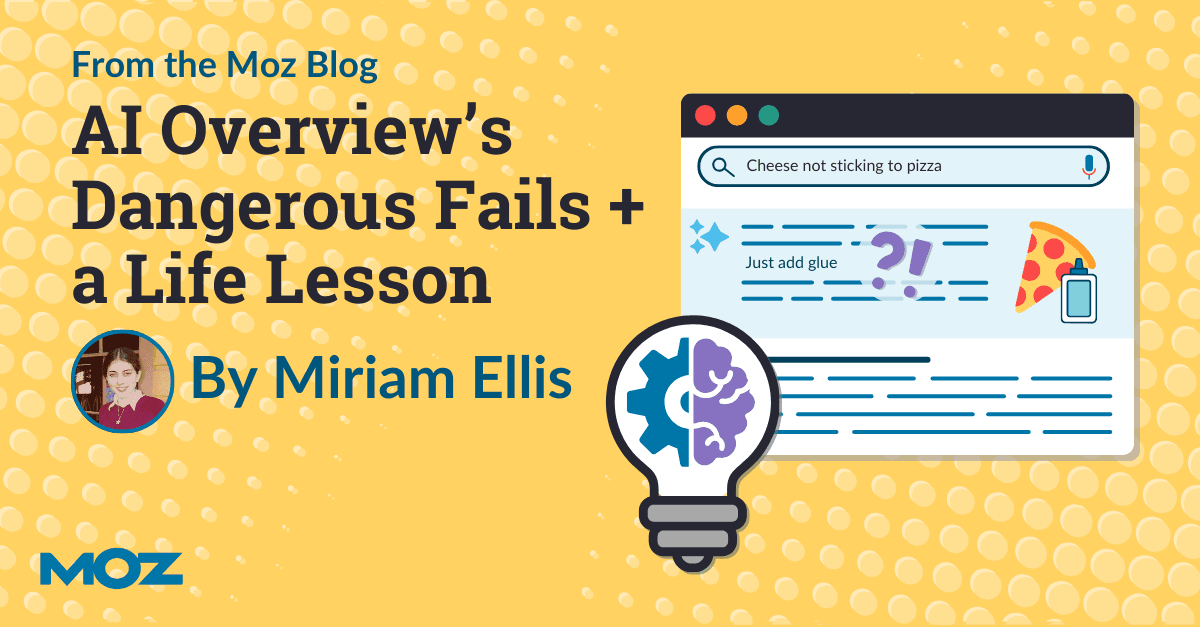Even if you weren’t born yet in 1980, you may have heard this American pop culture catchphrase stemming from an episode of the wildly popular soap opera Dallas, in which the TV show’s villain was assailed by a mysterious figure. The follow-up episode that revealed the identity of the assassin was the second-highest-rated primetime telecast in history. In other words, it was syndicated content which captured the eyes of hundreds of millions of people in multiple countries in a pre-internet age.
For most viewers, Dallas was entertainment. It began as a disco-era look at the impossibly dramatic lives of Texas oil barons in a time before anyone was too worried about Climate Change to be able to unreflectively enjoy plotlines about fossil fuels, governmental corruption, and dirty deals. The now-retro costuming was stylish, the sets were lavish, and multiple nations were hooked on the story for over a decade.
It may seem like a strange setup to yield a life lesson, but I’ve never been able to forget something I heard a tour guide explain at the fictional Southfork Ranch where J.R. Ewing’s family were presented as living in the show.
I’d sort of brushed it off when I heard actress Shirley Jones explain that children wrote into the TV show The Partridge Family, begging to get to come live with her and ride around the country in her colorful bus singing songs with her television kids. After all, as a child, I wanted to write to Rankin-Bass to plead with them to send me the spotted elephant from the island of misfit toys in Rudolph the Red-Nosed Reindeer if no one really wanted him. We expect children to lack adult discernment and be gullible.
But it’s quite a different takeaway that when actor Larry Hagman pretended to be shot while portraying the character of J.R. Ewing in Dallas, adult fans tried to break into the actual ranch used as a set for Southfork to find out if J.R. had died or was alright. According to the location’s tour guide, people were sending condolence letters to the show and inquiries about whether J.R. had survived.
If we let ourselves fall into thinking that, of course, we would know better than to confuse a soap opera with reality, we make a serious error in imagining that the world is made up of “us”. Our society is filled with vulnerable people who may not be as readily able to make such distinctions and who are often preyed upon by individuals and entities seeking to profit from misrepresentation and misinformation.
There’s a reason scammers target elderly grandparents with phone calls, claiming to be their grandchildren needing bail money. Vulnerable people are part of our society, and I find myself looking at these medically dangerous AI overviews and thinking about the life lesson Dallas taught me about the frailty of the human condition.
